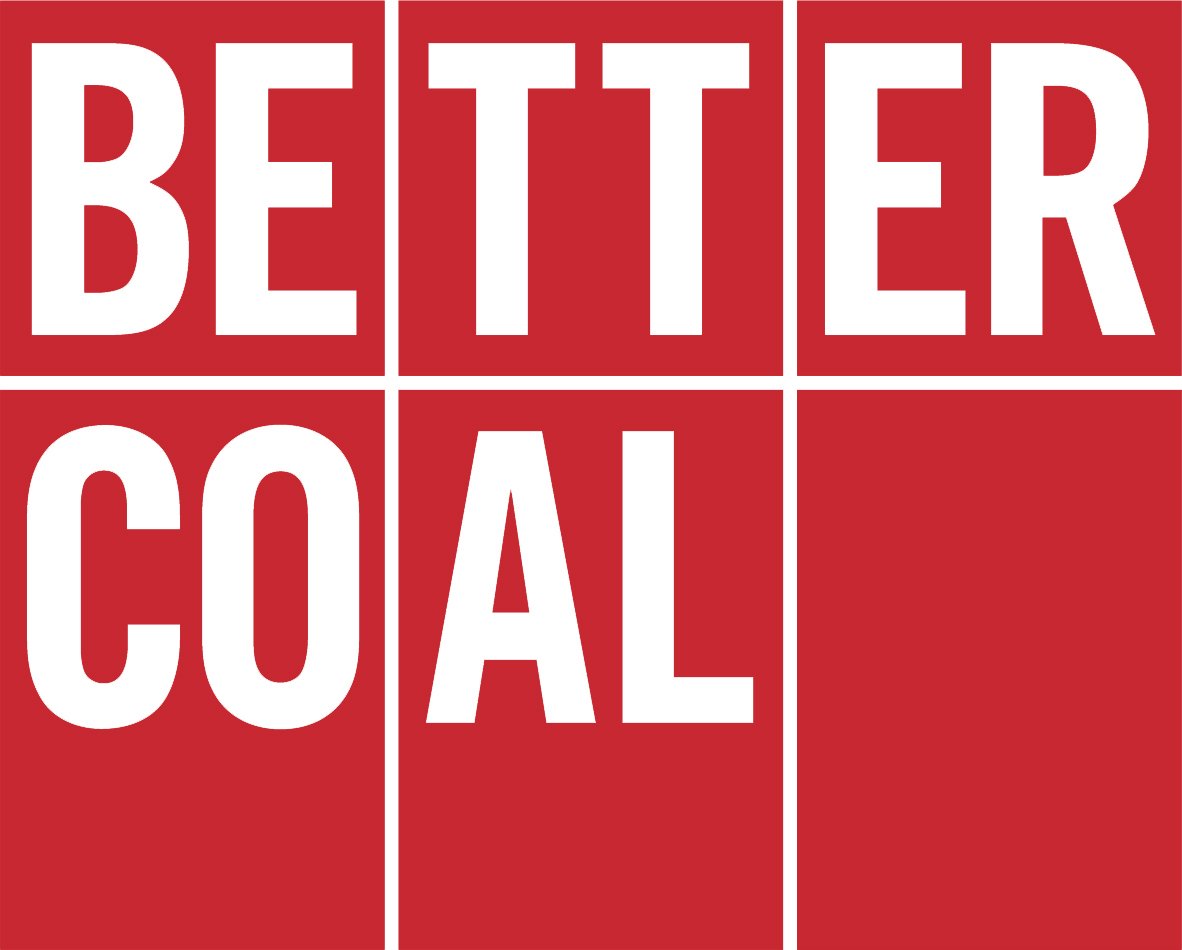Dutch Stakeholders Meeting on the Coal Chain Covenant: Disengagement is about Engagement
On the 9th of December, the Dutch Ministry of Foreign Affairs, the Ministry of Economic Affairs and the utilities ENGIE, Nuon/ Vattenfall, RWE/ Essent and Uniper organised the Dutch Stakeholders Meeting on the Coal Chain Covenant in The Hague, the Netherlands.
The purpose of the meeting was to bring together important stakeholders from the coal supply chain and discuss the landscape of coal chain development and its challenges.
The main topics introduced were:
- the outcomes of the recent visit of a Dutch Delegation to coal mines and communities in South Africa;
- the consequent proposed actions of the Ministry of Foreign Affairs and utilities for 2017;
- Bettercoal 2016 outcomes and bringing change through engagement;
- the most recent report from PAX;
- the OECD Due Diligence Guidance for Responsible Supply Chains of Minerals from Conflict-Affected and High-Risk Areas, its implementation programme and the Mineral Risks Handbook;
- a workshop organised by SOMO (Centre for Research on Multinational Corporations) on exploring the role of disengagement in due diligence;
- CREER’s (Centro Regional de Empresas y Emprendimientos Responsables) report Sector Wide Impact Assessment on Human Rights of the Mining Sector in Colombia.
A key theme, whether it be a discussion about South Africa, Russia or Colombia, was the need for engagement; particularly of coal suppliers, but also other key stakeholders. In a breakout session to explore when and how to disengage with a supplier, the overarching conclusion was that ‘Disengagement is actually about engagement’. When exploring the role of disengagement in due diligence, companies are encouraged to drive collective engagement in their supply chains to help the companies and organisations they work with improve their social and environmental practices.
Another key conclusion of the meeting was the need for evidence-based reporting on the impacts of mining on human rights. Trust needs to be built to support shared dialogue and for government, the private sector and communities to progress and bring improvements. The presentation of Sector Wide Impact Assessment on Human Rights of the Mining Sector in Colombia report brought great insight into an objective, fact-based research developed by the very deep-thinking organisation – CREER.
The role of governments and related institutions was brought into discussion by the need to address some of the impacts of mining in the coal supply chain. The OECD highlighted the role of industry initiatives in the success of supply chains and concluded that more clarification and education needs to be made regarding the use of the OECD Due Diligence Guidance for Responsible Supply Chains of Minerals from Conflict-Affected and High-Risk Areas.
Martin Christie’s presentation about the outcomes of Bettercoal in 2016 and how we can bring change through engagement opened up conversations around the remedy and grievance mechanisms, transparency, engagement in countries where it is difficult to operate, etc. All of these themes are currently under review and developed by the Technical & Advisory Committee, who will continue to work in 2017 on the Review, Renew and Align of the Bettercoal Assessment Program.
Martin Christie, Executive Director of Bettercoal, said: “The support and engagement of all the stakeholders present at the meeting is absolutely vital in assuring social and environmental performance in the coal supply chain and to overcome its challenges.”
